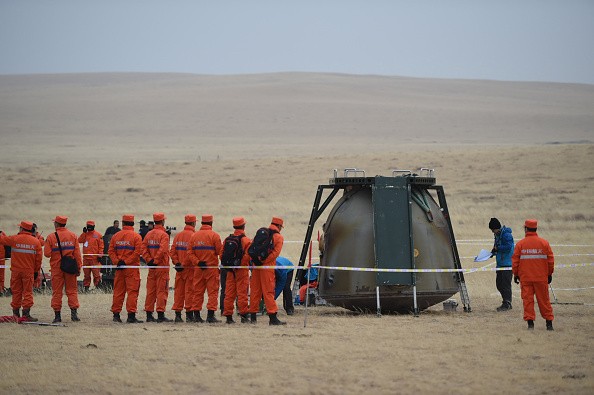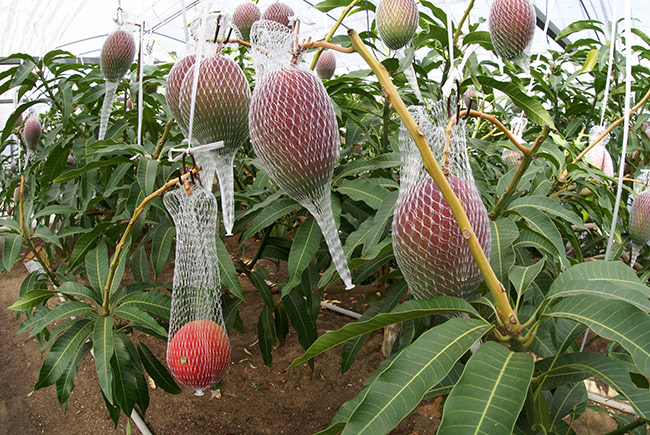So far we know quite little about the effects space has on humans, different countries, organizations and researchers are emphatically trying to explore foreign planets to find our new next habitat. With the space mango it's the other way around: modified in space and planted on planet Earth!
In 2016 Chinese scientists sent mango embryos with the Shenzhou 11 to the space laboratory Tianong-2 in order to modify the genes and experiment with the DNA. A new strain of mangoes was bred under uncommon conditions, this procedure is also known as "space breeding". Micro-gravity, radiation, sterile conditions and some assets that can only be found in space made it possible for the exotic fruit to evolve new genetic characteristics.
The mango is not the first fruit genetically changed in space, China has been been doing space breeding for two decades already! Frits and vegetables tested before developed superior strains. Interestingly, the cells are not changed manually by human hand but by the conditions they are exposed to. Space breeding is selective breeding, which means the existing genes are transformed independently by the plant itself. After being in space, the mangoes returned to our planet to be cultivated in earthly laboratories. The project leader Peng Longrong presented the visible effects: "Space mangoes are expected to be insect-resistant, of higher quality and provide more output" he said.
What scientists hope to achieve with space breeding, is better features in fruits and vegetables such as increased size, extended freshness, higher restistance to pesticide, environmental and parasite threats. In the future it might be possible to breed animals or even humans in space. A true alien then?
 Shenzhou-11's return to Earth with the space mangoes.
Shenzhou-11's return to Earth with the space mangoes.
Source: Sputniknews. Image:Japanbrand, Yibada

Share your thoughts and join the technology debate!
Be the first to comment